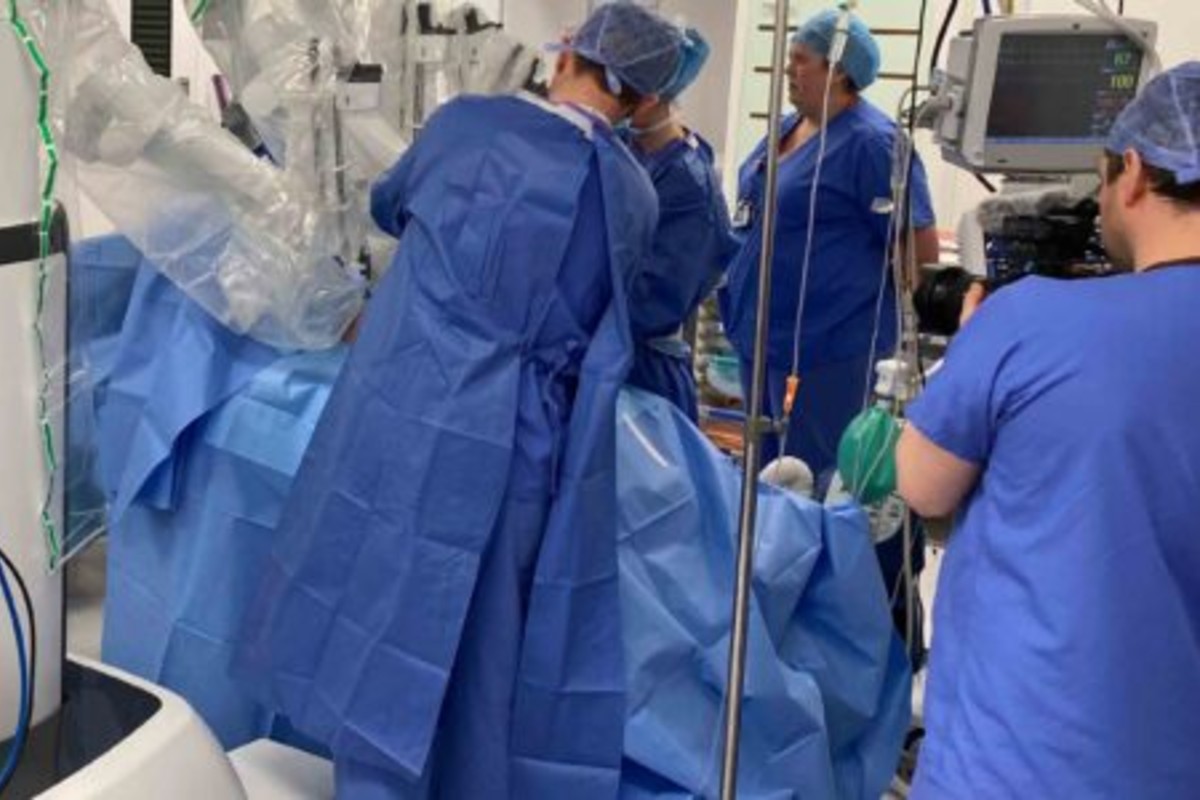The Public Accounts Committee (PAC) accused NHS England and the DHSC of spending billions without a focus on patient outcomes.
Clive Betts, deputy chair of the PAC, said: ‘Unfortunately, our report establishes that billions have been poured into the system over the past few years without the requisite focus on making sure that money does what it was intended for – improving outcomes for patients.'
The report questioned the £3.2bn spent on diagnostic and surgical services at a time of capital funding shortage. It said a shortfall of 3.6m tests led to the missed diagnostics target. It found NHSE was unable to say what contribution new surgical hubs made to total elective activity.
The committee argued targeting outpatient appointments would have been more effective, highlighting 80% of elective care pathways end through outpatients' appointments, but added NHSE had no credible plan to achieve this and had failed to secure meaningful engagement from clinicians to do so.
Regarding waiting lists, the report noted missed waiting time targets on: over one year (192k in July 2025); six-week diagnostic tests (22% against a 5% target in March 2025 and 1% operational standard); 18-weeks (59% against 92% target); and reducing follow-up outpatient appointments by 25% by March 2023 (0.1% in June 22-July 23).
The MPs accused the DHSC of not being realistic about the effort required to reduce waiting times and said unfunded commitments on redundancies evoked ‘chilling echoes of past failures on HS2 and the New Hospital Programme'.
Reaction
Daniel Elkeles, chief executive, NHS Providers, said: ‘Trusts have upped action on planned care, above pre-pandemic levels, cutting the waiting list by about 230,000 since July last year. More community diagnostic centres, surgical hubs and more joined-up, strategic working with partners are paying off for patients. We need to build on the success of trailblazing trusts.
Elkeles said significant Government investment in community services and the primary care ‘gateway' was required to ease pressure on services.
Siva Anandaciva, director of policy, events and partnerships at The King's Fund, said the report ‘adds to the steady drum beat of evidence that the UK is lagging behind other countries' health services in recovering from the pandemic'.
‘Today's report is right to question if this restructure could end up being the HS2 of health care policy and cause more distraction at a time when the NHS could be improving services,' Anandaciva added.
Dr Hugh Alderwick, director of research and policy at The Health Foundation, said: ‘The committee is right to question the Government's approach to major policy change in the NHS. The Government has embarked on yet another round of top-down restructuring of the health service, at a time when the NHS is under massive pressure and political ambitions for improvement are sky-high. This is risky, at best, given experience from a long line of previous reorganisations suggests they cause widespread disruption, take years to deliver, and rarely deliver the benefits policymakers expect. The big worry is that NHS leaders are distracted from the task of improving services.'
A Department of Health and Social Care spokesperson said: ‘This Government inherited a broken NHS, with waiting lists soaring and elective services in dire need of modernisation. This report focuses on the previous Government and we have taken immediate and robust action to tackle waiting lists and modernise elective care.
‘For the first time in 15 years waiting lists are falling. Through record investment and modernisation, we've cut backlogs by more than 230,000 and smashed our target for additional appointments, delivering more than 5m extra.
‘Health service productivity is up 2.7% on last year – and just last week, we pressed ahead with halving the headcount of NHSE and DHSC, saving billions to reinvest into the frontline and patient care.
‘We're delivering the change the NHS is crying out for – while slashing wasteful spending to ensure maximum value for taxpayers.'
The DHSC said NHS trusts began working towards its Elective Reform Plan targets in April 2025 – after the period covered by this report and it had announced a deliverable New Hospital Programme in January.



